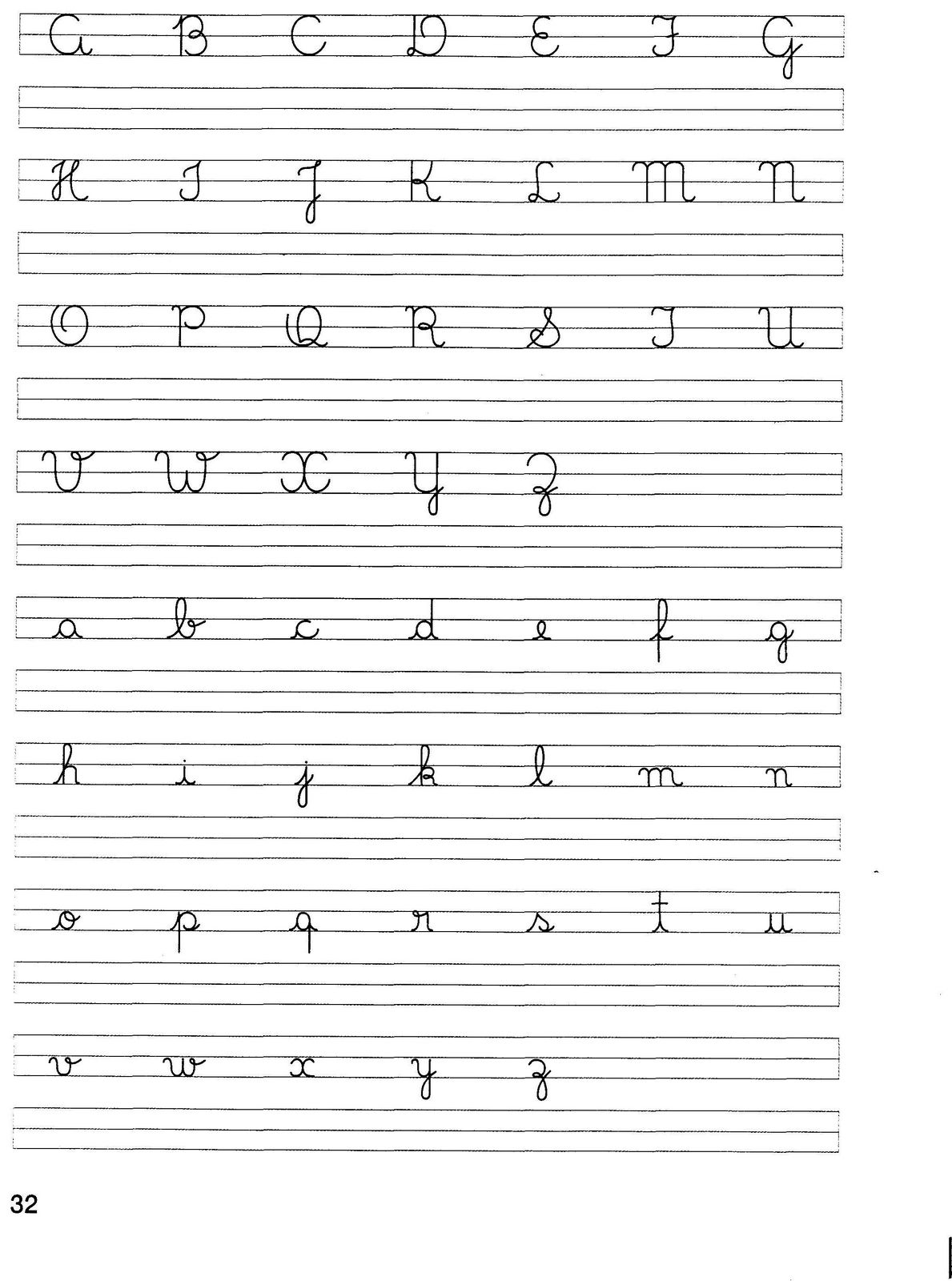Mastering Emphasis: How Italics Elevate Your Writing
Have you ever noticed how certain words in a sentence seem to pop out at you? Often, it's not due to bold lettering, but a subtle yet powerful typographical tool: italics. This often-overlooked technique can make a world of difference in your writing, adding emphasis, clarity, and a touch of style.
Think of italics as the stage whisper of the written word. They allow you to highlight specific words or phrases, drawing your reader's attention to crucial points without shouting. Whether you're crafting an email, writing a blog post, or composing a novel, understanding the nuances of italicization can elevate your writing from good to great.
While the concept of italics may seem straightforward, their application requires a delicate touch. Overusing italics can make your writing appear cluttered and amateurish, while underutilizing them can leave your text feeling flat and monotonous. Finding the right balance is key to harnessing the true power of this versatile tool.
In this comprehensive guide, we'll delve into the world of italics, exploring their history, unraveling their importance, and equipping you with the knowledge to use them effectively. We'll uncover common pitfalls to avoid and provide practical tips for incorporating italics seamlessly into your writing.
Get ready to unlock the secrets of italicization and discover how this simple yet powerful technique can transform your writing, making it clearer, more engaging, and ultimately, more impactful.
Advantages and Disadvantages of Using Italics
Let's weigh the pros and cons of using italics:
| Advantages | Disadvantages |
|---|---|
|
|
Best Practices for Using Italics
Here are some helpful guidelines to keep in mind when using italics:
- Emphasis: Use italics sparingly to emphasize specific words or phrases that carry significant weight or emotion.
- Titles: Italicize titles of longer works like books, movies, newspapers, and magazines. Shorter works like poems or articles are usually enclosed in quotation marks.
- Foreign Words: If you use a word or phrase from another language, italicize it to differentiate it from the main text.
- Internal Dialogue: Use italics to represent a character's thoughts or internal monologue, creating a distinction from spoken dialogue.
- Consistency: Be consistent with your use of italics throughout your writing. Establish a clear style guide and adhere to it to ensure visual harmony.
Frequently Asked Questions About Italics
Here are answers to some common questions about using italics:
- Q: Should I italicize the titles of songs?
- Q: Can I use italics and bold together?
- Q: How do I create italics in different writing platforms?
A: Generally, song titles are enclosed in quotation marks, not italicized.
A: While not grammatically incorrect, using both together is often considered redundant and visually jarring. Choose one or the other for emphasis.
A: Most word processors and text editors have keyboard shortcuts or menu options for applying italics.
Tips and Tricks for Effective Italicization
Consider these tips for using italics effectively:
- Read aloud: When proofreading, read your work aloud. This helps you identify areas where italics might be needed for emphasis or clarity.
- Less is more: Remember that overuse can diminish the impact of italics. Employ them thoughtfully and strategically.
- Know the rules: Familiarize yourself with the standard conventions of italicization to ensure your writing adheres to accepted grammar rules.
Mastering the art of italicization may seem like a small detail, but its impact on your writing is significant. By understanding how and when to use italics effectively, you can emphasize key points, enhance clarity, and add a touch of sophistication to your work. So, the next time you sit down to write, remember the power of the subtle slant and watch your words come to life with renewed purpose and style.
Finding your ideal ford f 250 tremor a comprehensive guide
The thrill of the game finding yesterdays football results resultado jogo futebol ontem
Unveiling the secrets male vs female pigeon differences














